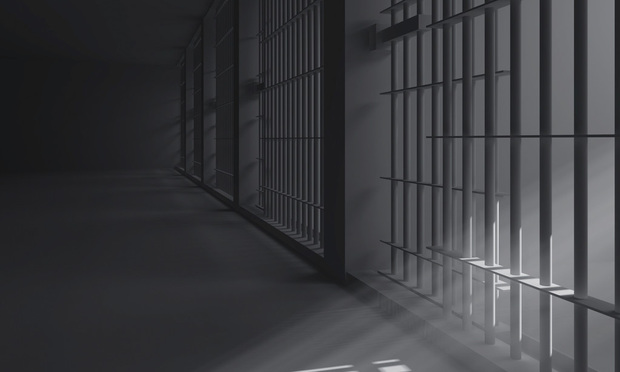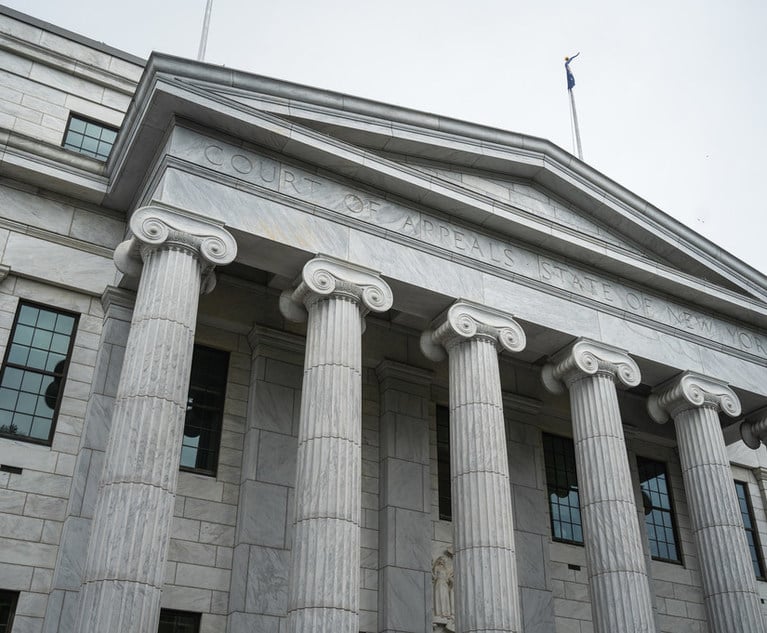 The criminal justice system in the United States is broken. Too many Americans are hauled into the justice system and then must live with the stigma of a conviction record long after their sentence is completed. For the roughly 65 million Americans who have a criminal record (Michelle Natividad Rodriguez & Maurice Emsellem, NELP, 65 Million “Need Not Apply”: The Case for Reforming Criminal Background Checks for Employment 3 (2011)), the consequences can be devastating. They are “subject to legalized discrimination in employment, housing, education, public benefits and jury service” (United States v. Nesbeth, 188 F. Supp. 3d 179, n. 50 (E.D.N.Y. 2016) (quoting Michelle Alexander, The New Jim Crow (2010) 1-2)). Obtaining these cornerstones of stability, particularly employment, is crucial for successful reintegration into society. However, employers are far less likely to hire individuals with criminal records. It is not just applicants who are denied jobs that suffer from this exclusion; it is our overall society that bears the costs of criminal records-based employment discrimination.
The criminal justice system in the United States is broken. Too many Americans are hauled into the justice system and then must live with the stigma of a conviction record long after their sentence is completed. For the roughly 65 million Americans who have a criminal record (Michelle Natividad Rodriguez & Maurice Emsellem, NELP, 65 Million “Need Not Apply”: The Case for Reforming Criminal Background Checks for Employment 3 (2011)), the consequences can be devastating. They are “subject to legalized discrimination in employment, housing, education, public benefits and jury service” (United States v. Nesbeth, 188 F. Supp. 3d 179, n. 50 (E.D.N.Y. 2016) (quoting Michelle Alexander, The New Jim Crow (2010) 1-2)). Obtaining these cornerstones of stability, particularly employment, is crucial for successful reintegration into society. However, employers are far less likely to hire individuals with criminal records. It is not just applicants who are denied jobs that suffer from this exclusion; it is our overall society that bears the costs of criminal records-based employment discrimination.
The American economy loses between $78 billion and $87 billion in annual GDP every year as a result of the policies and practices that lock people with felony convictions out of the workforce (Cherrie Bucknor and Alan Barber, The Center for Economic and Policy Research, The Price We Pay: Economic Costs of Barriers to Employment for Former Prisoners and People Convicted of Felonies 1 (2016)). An accounting of economic loss that results from employment discrimination against people with only misdemeanor convictions would bring that number much higher.






